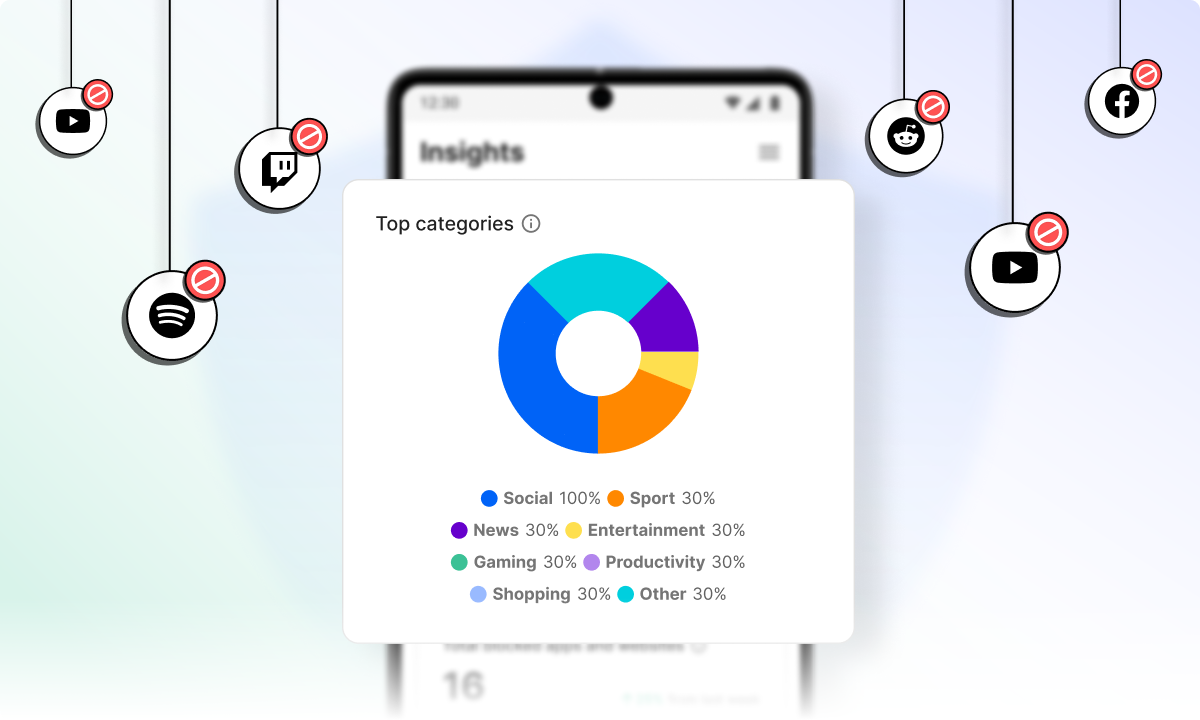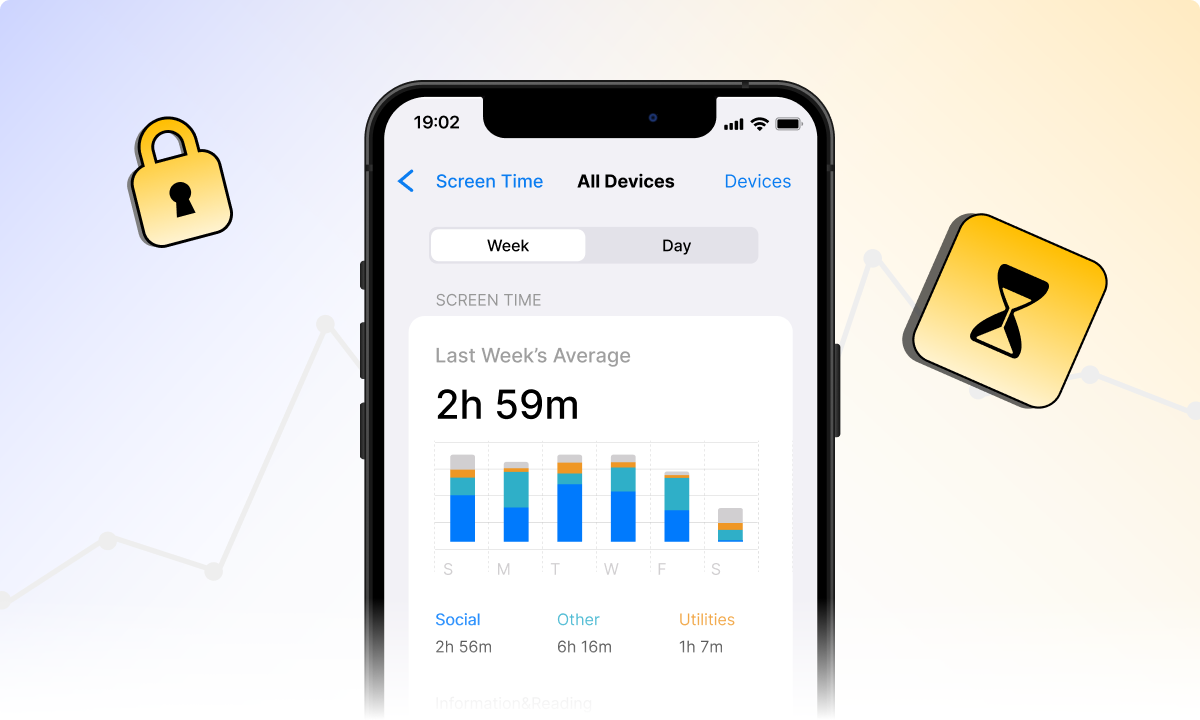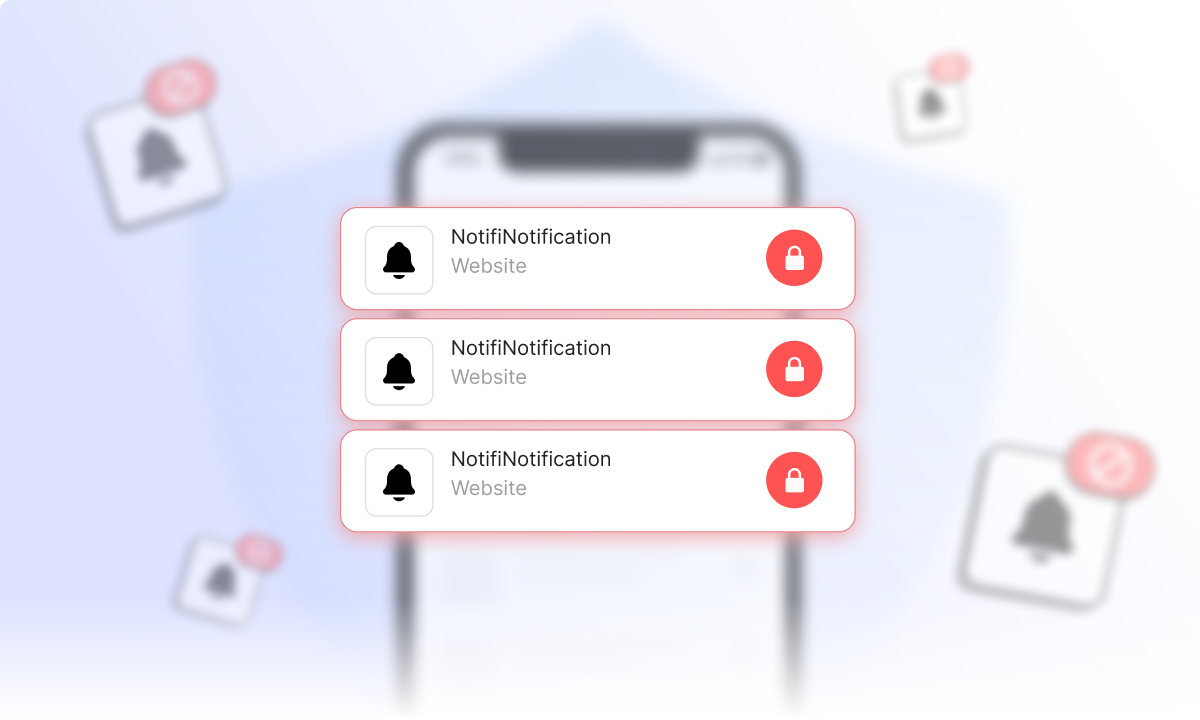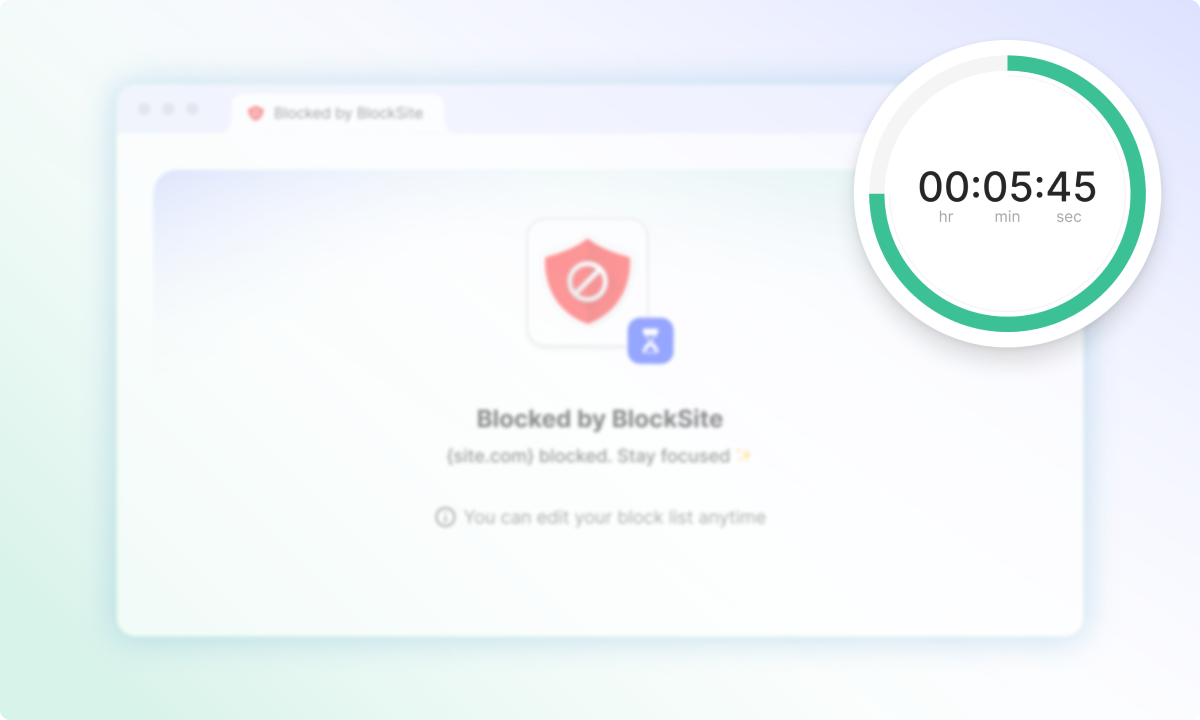There’s a growing social problem these days and it’s called “phubbing”. This silent yet powerful behavior affects personal relationships more than anything else does today, and it is indicative of our ambivalent attitude towards digital technology and how it shapes social interaction.
What is Phubbing?
Phubbing, a term derived from ‘phone’ and ‘snub,’ refers to the act of ignoring one person in favor of focusing on your mobile phone. This kind of behavior has insidiously invaded our social being thereby undermining personal relations and interactions.
According to Australia Counselling, statistics indicate that over 17% of individuals phub others more than four times daily, while 32% experience being phubbed two to three times a day. The beginning of phubbing can be traced back to the spread of smartphones. Interestingly, these gadgets meant for keeping us connected and informed have become exclusion tools in some cases. Such actions send a message about what people consider more important than others. The ‘phubbed’ person often feels undervalued and disregarded making them feel unhappy or disconnected.
How Does Phubbing Affect Your Social Life?
So how does phubbing affect relationships? It has nuanced impacts on social life, each worth exploring to understand the breadth of its effects:
Decreases Relationship Satisfaction
When one person opts to focus on their phone rather than engage with their companion, it introduces a subtle rift in the relationship. This behavior, over time, can lead to a cumulative sense of neglect. The person on the receiving end of phubbing may start to question their value in the eyes of the phubber, leading to decreased satisfaction within the relationship.
This dissatisfaction isn’t confined to romantic relationships; it extends to friendships and family dynamics, where the expectation of mutual respect and attention is foundational.
Increases Feelings of Exclusion
Phubbing can make individuals feel excluded and isolated in social settings. When a group gathers and one or more members prioritize their phones over the conversation, it creates an invisible barrier. Those not engaged with their devices may feel left out, as if they’re missing a piece of the puzzle.
This exclusion is particularly poignant in settings where social cohesion is expected, such as family dinners or outings with friends, exacerbating feelings of loneliness and isolation.
Leads to Poor Communication
Effective communication relies on both verbal and non-verbal cues, including eye contact, facial expressions, and body language. Phubbing disrupts this dynamic, as the phubber’s attention is divided.
This division often results in missed cues and half-hearted responses, which can lead to misunderstandings and frustration. Over time, this pattern of poor communication can erode the foundation of trust and openness that relationships are built on.
Impacts Mental Health
The effects of phubbing extend beyond immediate social interactions, potentially impacting mental health. Regularly being on the receiving end of phubbing can lead to increased feelings of anxiety and depression. The sense of being undervalued or ignored can chip away at one’s self-esteem, contributing to a negative self-image.
Moreover, the phubber, too, might experience negative mental health outcomes due to their diminished real-world interactions, creating a cycle of disconnection and dissatisfaction.
Alters Social Dynamics
Phubbing can significantly alter the dynamics of social groups. It sets a precedent that phone use during social interactions is acceptable, potentially leading to a domino effect where multiple members of a group engage in this behavior.
This shift can change the group’s interaction patterns, with less emphasis on collective activities and conversations and more on individual screen time. The long-term effect is a transformation of social gatherings into silent, screen-focused sessions, diminishing the group’s cohesion and the quality of social bonds.
How to Stop Phubbing?
A conscious effort to change habits that have become ingrained in our daily routines is necessary to combat phubbing. However, the allure of constant connectivity can lead us away from the importance of real-world interactions, but we can regain balance through purposeful action. Below is how:
Harness the Power of BlockSite
Tools like BlockSite could impact positively on fighting phubbing. In managing one’s phone usage, Block Site has a number of features including:
Blocking Sites: Prohibits access from engaging sites or apps on your smartphone so that your attention won’t be drawn away from actual activities.
Focus Mode: Triggering this mode will block all distractions for a specific period so as not to miss any moments with others.
Scheduled Blocking: It lets you set when certain applications or websites are not accessible at specific times. Using this feature will help you overcome the temptation to phub in critical occasions.
Custom Block Pages: You can personalize your message when trying to enter into any blocked site reminding you what commitment ought to be made toward decreasing phubbing issues.
Admitting
First and foremost, one has to accept that a phubbing problem exists. Often, this realization comes out of reflecting on your own conduct and what it does to those around you. Why do you pick up your phone? Is it a habit? Are you bored or is there something important you need to do now?
By identifying what triggers the habit of phubbing one can be more mindful about his/her actions and its impacts on relationships.
Free Zones
Bringing up no-phone-areas in which interaction may flourish can create good moods. In other words, set specific parts in your home like the dining room or living room where phones are not allowed at all, particularly while taking meals as a family.
This law encourages each person’s participation thus making these regions balanced for conversations and harmonizing them.
Utilize Do Not Disturb
By using our mobile phones features, it helps reduce distractions; especially when entertaining with loved ones during quality time ‘Do not disturb’ mode works so well.
By turning off notifications, you will be less likely distracted by every ping or buzz thereby enabling full attention to people around you.
Presence
Often we think keeping away from our phones physically means being present, however that is not enough. You need to actively participate in discussions by listening actively, looking at whoever’s talking and showing genuine care for individuals’ concerns among others things. This level of connection doesn’t just improve engagement rates but also solidifies relationships.
Phone Time Scheduling
By practicing how to use your phone less, you can better manage your screen time by allocating specific times for checking phones instead of glancing at your device every now and then throughout the day. This helps in reducing phubbing temptation and preventing an individual’s focus from being broken during social interactions.
Mindful Phone Use
Before you pick up your phone, ask yourself if it is necessary. In that moment of mindfulness, the automatic reach for your device can be interrupted and allow you to make more deliberate choices about how and why you use the phone. It means putting real-life connections before online ones.
Notifications Off
Phubbing is the result of non-essential notifications that interrupt people’s flow. You should turn these kinds of notifications off so as to reduce your urge to always check your phone after every few minutes. This will curb phubbing and also lower overall screen time which then enhances focusing and productivity.
Reconnect with What Truly Matters
The journey to overcoming phubbing is not just about curtailing a habit but about fostering deeper, more meaningful connections with those around us. By actively choosing to prioritize the people in your immediate presence over the constant pull of your phones, you’ll be able to cultivate richer and more fulfilling relationships.
BlockSite serves as an invaluable tool in this endeavor as it offers practical solutions to manage our phone usage and keep us in the present. Not only does it improve our social interactions, but it can also significantly benefit our mental well-being. As we move forward, let’s commit to being more mindful of our phone habits, recognizing the value of the moments and the people we share them with.
FAQs
Why do people phub?
Phubbing often stems from an unconscious habit or the fear of missing out (FOMO) on the latest updates and interactions on social media platforms. Many individuals find themselves reaching for their phones in moments of downtime or silence, not out of necessity but as a reflex to check notifications, emails, or messages. This behavior is reinforced by the instant gratification received from likes, comments, and shares, making it a challenging habit to break.
Can phubbing affect mental health?
Yes, phubbing can have a detrimental impact on mental health. When someone is phubbed, they may feel ignored, undervalued, or isolated, leading to feelings of loneliness and decreased self-esteem. Over time, these feelings can contribute to more significant mental health issues, such as anxiety and depression. The person doing the phubbing might also experience negative effects, as constant phone use can increase stress levels and reduce the quality of personal interactions.
How can I tell if I’m being phubbed?
Being phubbed is noticeable when an individual consistently chooses to engage with their phone instead of participating in a conversation or interaction with you. Key indicators include not making eye contact, their attention frequently diverted to the screen, and minimal participation in the discussion. It often feels like you’re competing with a device for their attention, leading to a sense of frustration and disconnection.
Is phubbing a sign of addiction?
Phubbing can be a sign of problematic phone use, which shares similarities with addictive behaviors. If an individual feels compelled to check their phone constantly, experiences anxiety when separated from their device, or prioritizes phone use over direct interactions with people, these are red flags. Like other forms of addiction, it can disrupt daily life and relationships, indicating a need for intervention or behavioral adjustments.
How does phubbing impact children?
Children affected by phubbing, especially from parents or caregivers, may experience feelings of neglect or believe they are less important than the electronic devices. This perception can lead to issues with self-esteem and social skills, as children learn from and mimic adult behaviors. Moreover, when children are consistently phubbed, it sets a precedent for their own behavior, potentially leading them to adopt similar habits in their interactions, perpetuating the cycle of phubbing.






